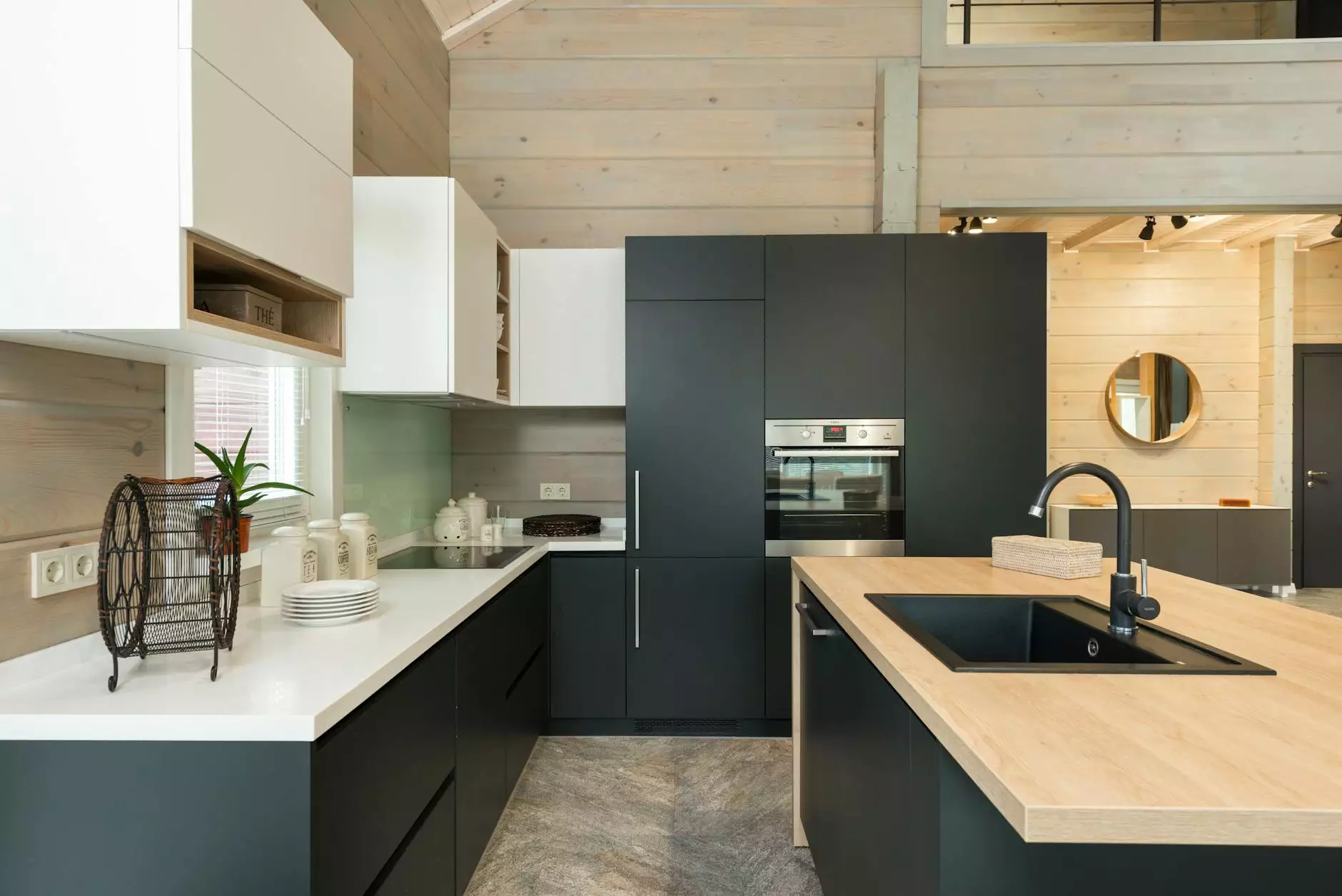Singapore Property Trend Analysis: Navigating the Real Estate Market

The Singapore property market has long captured the attention of local and foreign investors alike. Its constant evolution and resilience are what make it an intriguing subject of analysis. In this article, we will delve deeper into the intricacies of the Singapore property trend analysis, focusing on various factors influencing the market, investment opportunities, and future predictions. Understanding these trends is essential not only for real estate agents but also for home buyers and investors.
Current Market Landscape
As of 2023, the real estate landscape in Singapore is characterized by a combination of robust demand and limited supply. With urbanization and population growth continuing unabated, the competition for properties is intensifying. The following points summarize the current market conditions:
- Steady Demand: Factors such as low interest rates, a stable political environment, and strong economic recovery post-pandemic have stimulated demand.
- Limited Supply: New land sales have decreased, resulting in fewer new projects, thereby limiting the available housing stock.
- Urban Redevelopment: Initiatives like the Urban Redevelopment Authority’s (URA) master plan are reshaping the landscape, creating more integrated communities.
Trends Shaping the Singapore Property Market
The Singapore property trend analysis reveals several key trends that are shaping the market:
1. Rise of Eco-Friendly Developments
There is a growing demand for sustainable living, with many buyers now prioritizing eco-friendly developments. Developers are increasingly adopting green building practices, which resonate well with environmentally-conscious consumers. This not only reflects a shift in buyer preferences but also aligns with Singapore’s commitment to sustainable urban living.
2. Increase in Private Residential Property Prices
In recent years, private residential property prices in Singapore have shown an upward trajectory. This trend is driven by:
- Low Borrowing Costs: With interest rates remaining low, more buyers are willing to purchase homes.
- Robust Luxury Market: The luxury segment, particularly in areas like District 9 and District 10, has seen significant growth, attracting high-net-worth individuals.
3. Growth in Rental Market
The rental market has also seen resurgence, especially in the expatriate segment. With many international companies resuming operations in Singapore, the demand for rental properties, particularly in city fringe areas, has increased. Investors should consider these areas, as they offer potential for stable returns.
Analyzing the Data: Market Statistics
The data collected from reliable sources such as the URA, Singapore Real Estate Exchange (SRX), and various market reports highlight the trends and shifts in the property market. The following statistics give a comprehensive overview of the current state:
- The URA's Residential Property Index has indicated a year-on-year increase of approximately 8%.
- New launches in GDPS (Government Land Sales) have reflected a steady absorption rate, with many projects attaining near-full sales within months of their launch.
- Rental prices have soared by an average of 5-10% in central regions, showcasing a clear demand-supply imbalance.
Key Factors Influencing Property Trends
Understanding the Singapore property trend analysis requires a comprehensive evaluation of various influencing factors:
1. Government Policies
The Singapore government plays a crucial role in the property market through regulations and policies. Measures such as the Cooling Measures and various housing grants influence buying sentiment and market dynamics:
- Cooling Measures: Implemented to temper the surging property prices, these measures include restrictions on loan-to-value ratios and additional buyer stamp duties.
- Housing Development Board (HDB) Innovations: Continuous improvements in HDB quality, and designs aim to cater to modern lifestyles.
2. Economic Factors
The performance of Singapore's economy significantly impacts the real estate market. An analysis of GDP growth, employment rates, and consumer sentiment provides valuable insights:
- Economic Resilience: Singapore’s economy has rebounded robustly post-COVID-19, spurring growth in multiple sectors.
- Foreign Direct Investment (FDI): Investments in real estate comprise a large portion of FDI, thereby influencing overall market confidence.
3. Demographic Trends
Demographics play a significant role in property trends. The younger generation’s preference for urban living, coupled with an increase in dual-income households, fuels demand in the city core:
- Urban Migration: As urban migration continues, demand for properties in the city center is expected to remain strong.
- Family Structure Changes: A move towards smaller households is driving demand for high-rise living and compact homes in central locations.
Investment Opportunities in the Current Climate
Given the current landscape, several investment opportunities can emerge from the ongoing trends:
1. District Developments
Investing in up-and-coming districts such as Pudong or areas undergoing rejuvenation can yield significant returns as property values appreciate due to renewed interest and urban improvements.
2. Mixed-Use Developments
There is a growing preference for mixed-use developments that combine residential, commercial, and lifestyle amenities, offering an attractive living environment:
- Convenience: The integration of living spaces with retail and leisure attracts buyers looking for convenience.
- Long-Term Returns: These developments often have lower vacancy rates due to their multifaceted appeal.
3. Rental Properties
With a rising expatriate population, investing in rental properties can provide steady income streams. Properties in proximity to Central Business Districts (CBDs) are particularly lucrative.
Future Predictions for the Singapore Property Market
As we look toward the future, predictions for the Singapore property market suggest:
1. Price Stabilization
While current trends indicate rising prices, it is anticipated that the market will stabilize as cooling measures take effect and supply issues are addressed. Sustainable growth is expected, which will benefit both buyers and investors.
2. Technological Integration
The integration of technology in property transactions, from virtual viewings to blockchain for secure transactions, will streamline processes and enhance buyer experiences.
3. Greater Focus on Sustainability
As environmental concerns gain importance, properties with sustainable features are likely to command premium prices. Buyers will increasingly demand transparency about energy efficiency and environmental impact.
Conclusion
The Singapore property trend analysis highlights a vibrant market with numerous opportunities for growth and investment. Understanding the nuances of these trends, from government policies and economic conditions to demographic shifts, can substantially benefit investors, real estate agents, and potential homeowners. The city's commitment to building a sustainable and livable environment ensures that the property market will remain robust and resilient in the years to come.
For those looking to navigate this dynamic landscape, leveraging the insights from this analysis can greatly enhance decision-making processes concerning real estate investments in Singapore. As we move forward, staying informed and adaptable will be key to capitalizing on the exciting trends shaping Singapore's property market.









